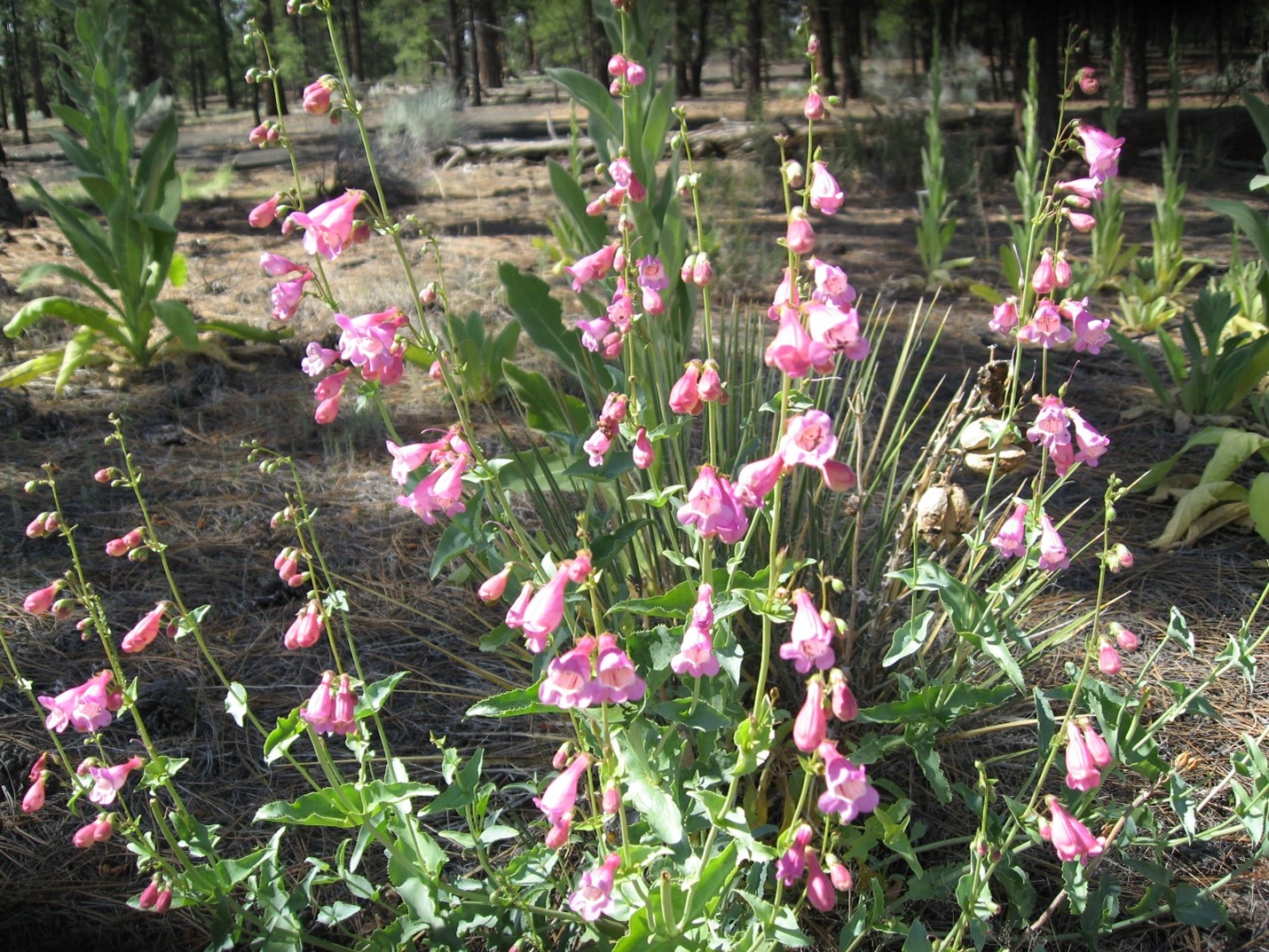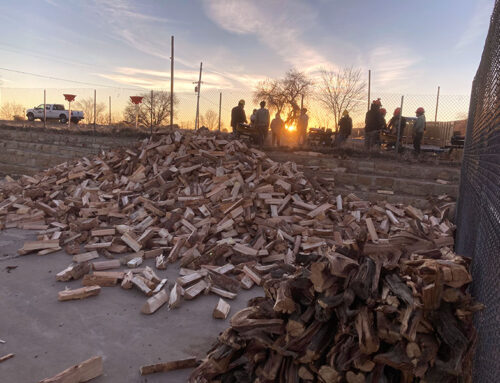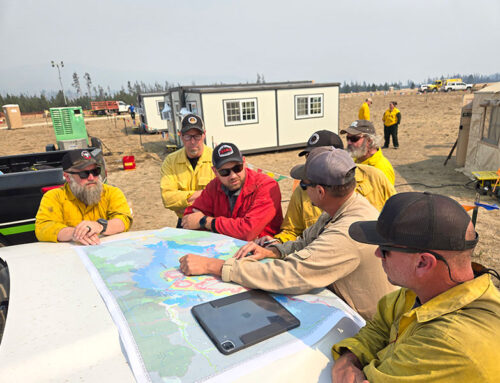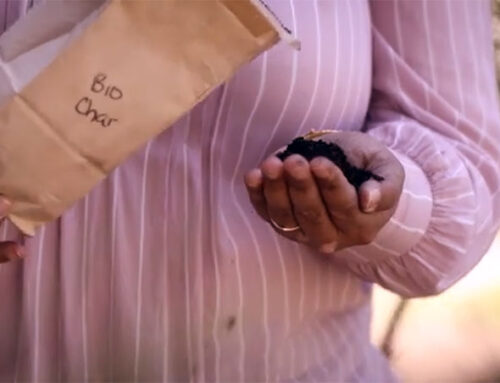In summer 2022, the ERI’s Ecology team initiated new field projects and remeasured permanent study plots to address questions focused on climate-related changes and management strategies in southwestern forests. For example, field crews spent several weeks evaluating tree mortality, new sapling establishment, and changes in species compositionon study plots established by the ERI in the early 2000s that span several major life zones on an elevation gradient near Flagstaff.
In a new study of climate-driven changes in pinyon-juniper (PJ) woodlands, ERI crews examined tree mortality and crown dieback at various sites extensively distributed northern Arizona. Crews also remeasured tree and seedling survival on long-term PJ plots in a complementary effort that will provide new information forest managers may use in conservation and ecological restoration planning.
Lastly, crews monitored understory vegetation conditions in one of the longest ongoing restoration experiments in the Southwest located on the Fort Valley Experimental Forest. The area of this study where the forest was thinned and then burned with prescribed fire in the early 1990s is due for an 8th controlled burn this fall, 2022. Careful studies of treatments that reestablish more natural tree densities and fire regimes are invaluable to forest managers seeking to anticipate long-term restoration outcomes.
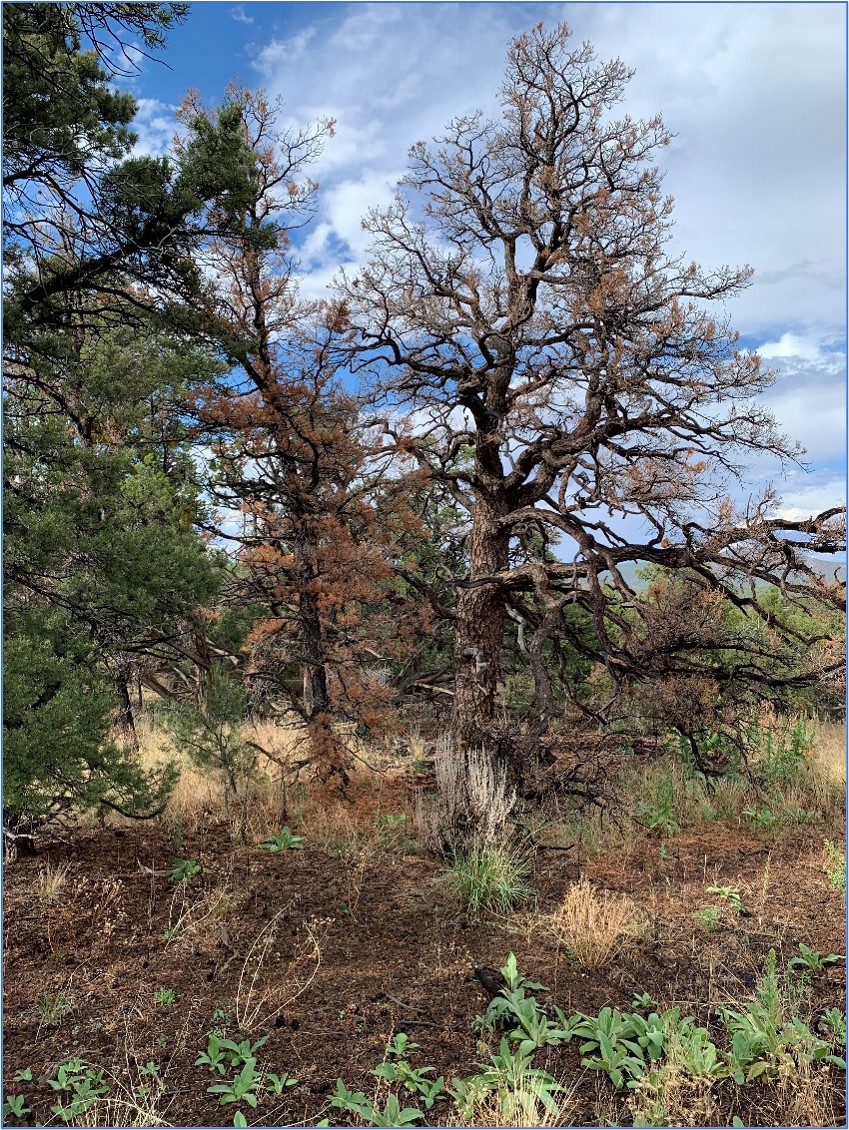
In summer 2023, ERI field crews will remeasure long–term
plots in pinyon–juniper woodlands to assess effects of
drought and bark beetles on tree mortality and
regeneration.

